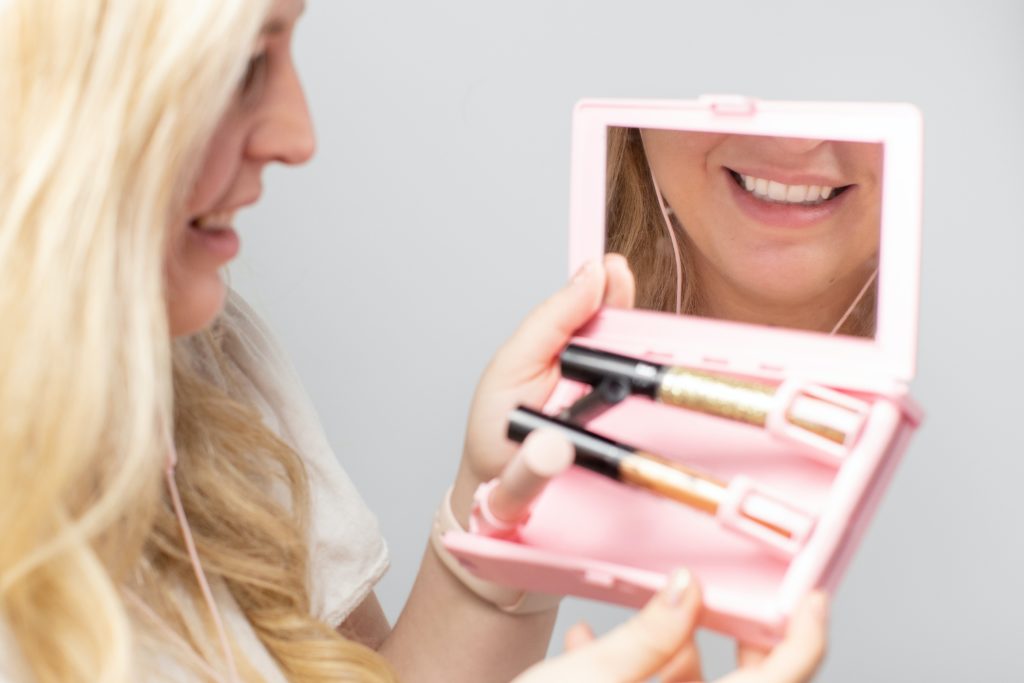It may come as a surprise, but Botox can be used for more than just cosmetic procedures. Botulin Toxin, better known as Botox, has been used for a variety of anti-aging treatments, such as making frown lines and wrinkles disappear. But what does Botox do exactly and how is it being used in dentistry?
How it works?
The toxin will relax the muscles where it is injected, by blocking certain chemical signals from nerves, preventing them from contracting. It is easy to see why this would be appealing to those who are unhappy with how the natural lines in their face are progressing. However, it is also being used in dentistry for management of oral maladies.
The most common use of Botox in dentistry is for the treatment of TMD, which is a disorder that arises out of a dysfunctional TMJ. It can lead to extreme jaw and muscle pain, making it extremely difficult to go about your day. With the use of Botox however, it can help the muscles relax and alleviate the pain. Beyond TMD, it can be used for post operative care after orthodontic surgery, to restrict muscle movement to keep the teeth in their correct space. There are a myriad of conditions and disorders that can be treated with Botox, in conjunction with a well thought out treatment plan.
It is necessary for all dental professionals to be properly trained and certified, to administer the treatment to their patients. Most dental practices will have their services listed on their website, where you can see if your dentist offers this service or not. It is also important to keep in mind that all medical treatments can have side effects, including this one. Most symptoms are mild, such as redness, discomfort and swelling. More alarming symptoms can include dizziness and allergic reactions, which are necessary to report to your dentist right away.
Conclusion
However, the treatment itself is quick and fairly painless and can be completed in about 10 minutes. Most treatments, such as those for TMD, will require regular upkeep as Botox is not a permanent solution. Your dentist will be able to guide you and let you know if Botox is an option for you, and come up with a dental plan that will help you the most.






